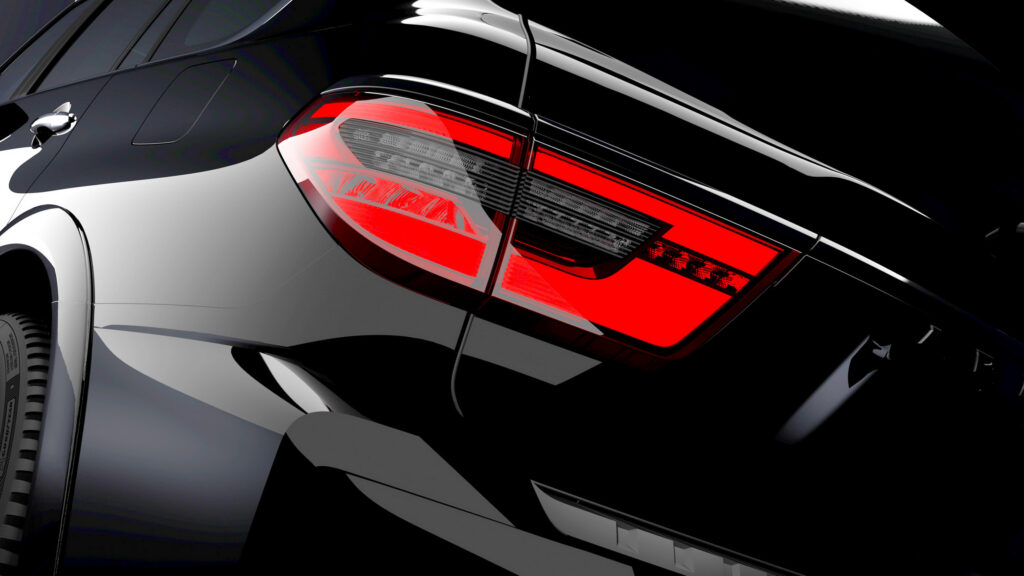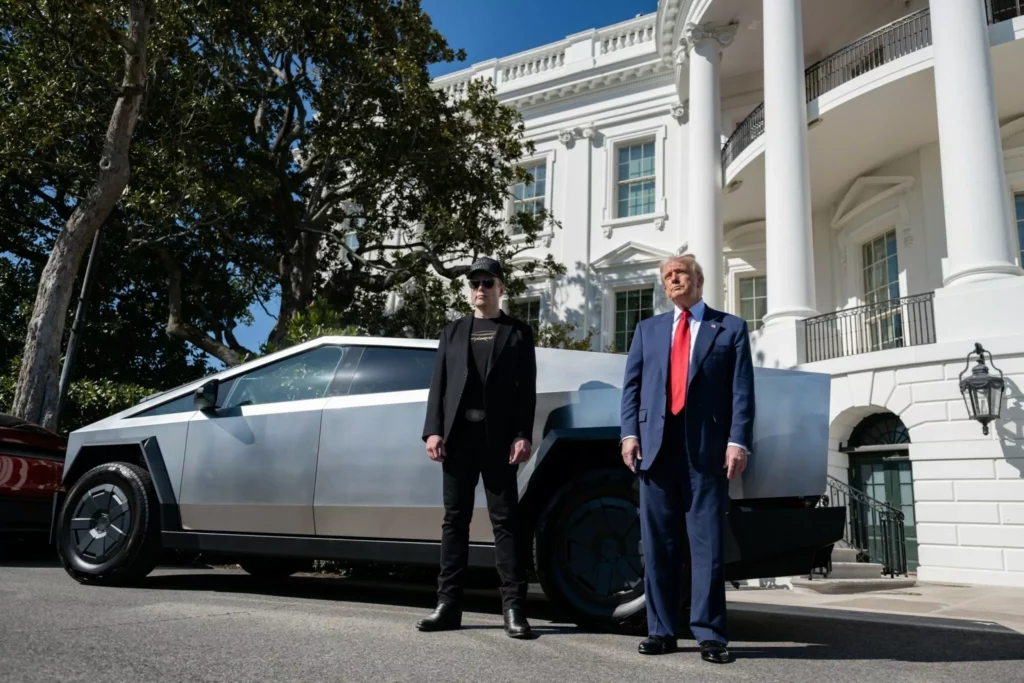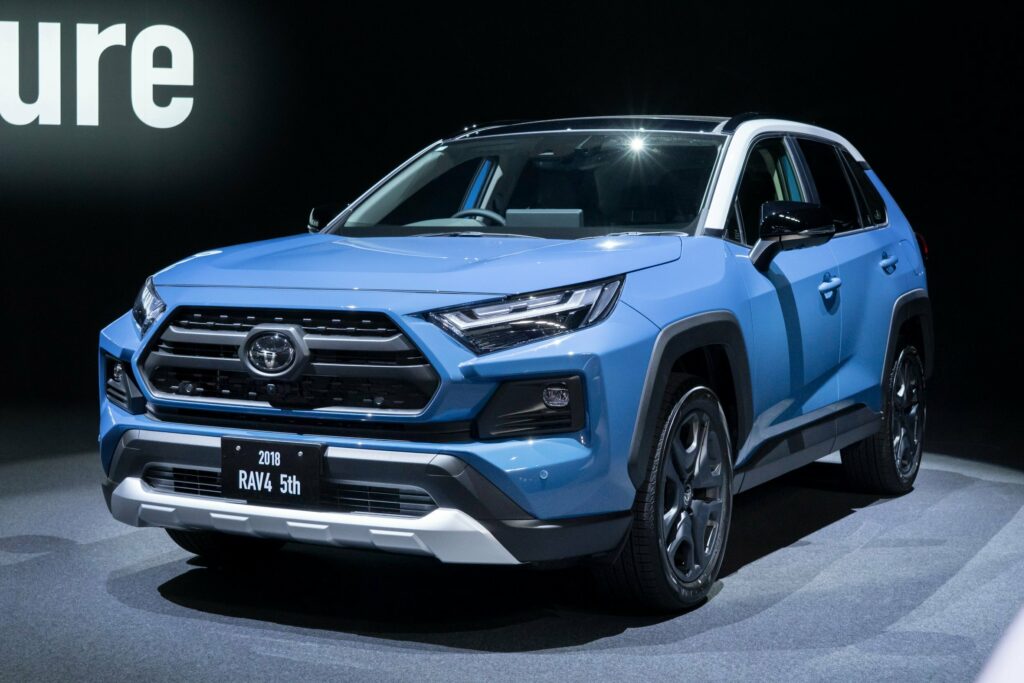Tariffs and Their Impact on Car Buying Decisions

There’s a shift happening in the car market stateside, and it’s more about maneuvering around economic policies than just following the latest trend. The tariffs introduced during President Trump’s time in office have not caused a massive upheaval immediately. Still, they’ve subtly influenced consumer behavior among car buyers across the United States. It’s like trying to plan a trip with a GPS that keeps recalculating the route every few miles, and it’s changing how, when, and what folks are choosing to buy.
Economic Jitters

A hefty 75% of potential car buyers in a recent study revealed that the idea of tariffs will play a role in their decision-making process. That means three-quarters of potential new car owners are factoring in these economic policies before heading to the dealership. Out of these, 37% admitted they might purchase sooner to dodge potential price hikes. The financial landscape is a bit like the change in weather—unpredictable yet consistently a point of concern.
Rushed Decisions

The study highlights anxiety more than actual price changes as a driver of consumer behavior. With expectations of price increases, many are jumping the gun on their purchases. Whether this anticipation is warranted or not is another matter, but it’s clear that a sizable chunk of buyers prefers to play it safe.
Used Cars Surge
Reflecting on these trend shifts reveals that many are eyeing used cars as the best option. Around 58% of surveyed buyers are more inclined to opt for used vehicles, with 46% showing preference towards certified pre-owned models. Buying habits are adjusting to the point where some are switching from hunting for a fresh-off-the-line vehicle to browsing used lots, driven partly by the desire to avoid financial hits from tariffs.
Additionally, data backs up this trend, showing increased online activity focused on used car inventories. For a demographic preparing for what might come next, this pivot makes sense. Overall, the usual excitement of buying a brand-new car has taken a back seat to more pragmatic decision-making, looking for value and security in a market with an uncertain future.
In sum, while the landscape of auto buying is changing, the buying experience adapts as well. Tariffs might not have sparked immediate upheaval, but they’re certainly causing ripples in how consumers plan and prioritize, creating a new normal where caution overrides spontaneity.
Toyota's Electric Leap
BMW M350: Power Unleashed
1952 Beetle Icon
Subaru's Pickup Comeback
Ram Hemi Returns